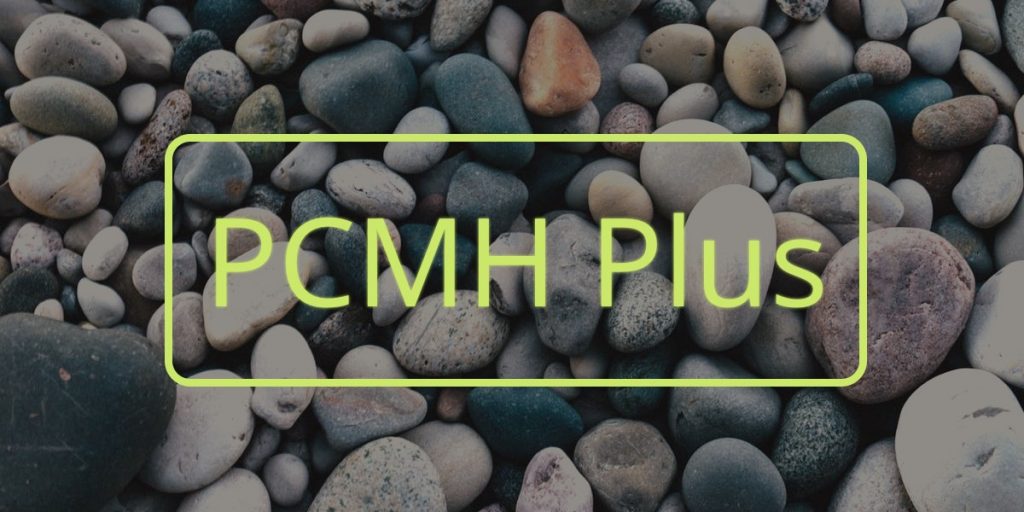New PCMH + plans overlook past problems

Wednesday DSS and Mercer unveiled their thinking about plans for Wave 3 of PCMH Plus, Medicaid’s controversial shared savings program. Results from PCMH Plus’s first year, Wave 1, were disappointing with increased state costs and little evidence of improvement in quality. Based on the problems identified in Wave 1, advocates made recommendations to fix those problems. The state has adopted a few, has rejected most, and some are still in discussion.
- Unfortunately, the program will be opened up to new ACO applicants in Wave 3, potentially expanding the troubled program.
- Thankfully, the state resisted efforts to decrease the ACO 2,500 minimum member requirement; however it is far too low now allowing ACOs to receive savings that are random rather than the result of improving value. Random savings (as well as losses) would go to relieve the state budget. In a new, open RFP the state needs to expand the minimum to at least 5,000 members to ensure any state payments are truly rewarding value.
- Unfortunately, the state will not require all ACO primary care practices to be PCMHs, providing an easy vehicle for cherry-picking more lucrative patients, as has happened elsewhere.
- The state is still considering changes to risk adjustment which may have resulted in false “quality” payments,
- Unfortunately, despite the problems, the state intends to expand the risky PCMH Plus model to HUSKY B children.
- Unfortunately, the state intends to change the evaluation comparison group to include non-PCMH practices. It is likely this post-hoc revision will artificially “improve” the program’s performance without any actual improvement in quality. Advocates asked that, at the least, both comparisons be reported.
- Thankfully, the state is considering removing a 120-day retroactive attribution policy that locked churning members in PCMH Plus ACOs regardless of where they now get their care.
- Unfortunately, the state will not use the available data from Wave 1 to predict the impact of their new changes to the program, risking even higher losses to the state. In designing Wave 1, the state, advocates and stakeholders were flying blind; however going forward now without benefitting from the available data from Wave 1 invites even worse outcomes.
- The state is still considering how to fix the quality measure scoring. In Wave 1, better quality performance was not rewarded. The state intends to fix the problem that good performance in one area cancels out poor performance in several others. The changes are intended to reward comprehensive quality improvement.
- Unfortunately, the pool of upfront care coordination payments will not be shared with non-FQHC ACOs. Patients being seen by all ACOs deserve the same level of care coordination resources. This can be done without cost to the state by equalizing current payment levels across all ACOs.
- Unfortunately, the state refuses to disenroll members from PCMH Plus who are receiving Intensive Care Management services. While acknowledging that ACOs are benefitting from ICM’s 100% state-funded savings and improvement in health outcomes for high need members, the state has decided to continue to pay those savings paid for by taxpayers and generated by CHNCT to health systems that had nothing to do with them.
- Unfortunately, ineffective compliance reviews will continue to be restricted to patients and files chosen by the ACOs.
- Thankfully, screenings for social determinants of health will be required and compliance reviews will look at whether there is follow up to referrals for social services.
- Thankfully, the state will require that ACOs have interoperable health information networks, critical to seamless care coordination.
- The state says they will consider weighing quality payments (not measures) by ACO size. In fairness, it requires more effort and resources to improve quality for more people.
- Unfortunately, the state will not be weighing quality measures. This leaves performance on provider-reported, narrow screens equal to more salient metrics such as ER use.
- The state is still considering shifting care management payments for PCMHs (no Plus) to a capitated per-member-per-month basis from the current enhanced fee-for-service rates. Advocates have lobbied for this change since the inception the PCMH (no Plus) program in 2012. This allows for more consistent care coordination funding for practices, and benefits patients by removing requirements for unnecessary office visits, opening up slots for patients who need them and avoids missing work/school to visit waiting rooms full of sick people. It also avoids unnecessary transportation costs, however those services are capitated to a troubled outside vendor so those savings will be lost to the state.
- Sadly, despite the problems and reluctance to recognize or fix many of them, the state intends to expand PCMH Plus to the most high need members — low income seniors and people with disabilities eligible for both Medicare and Medicaid.

